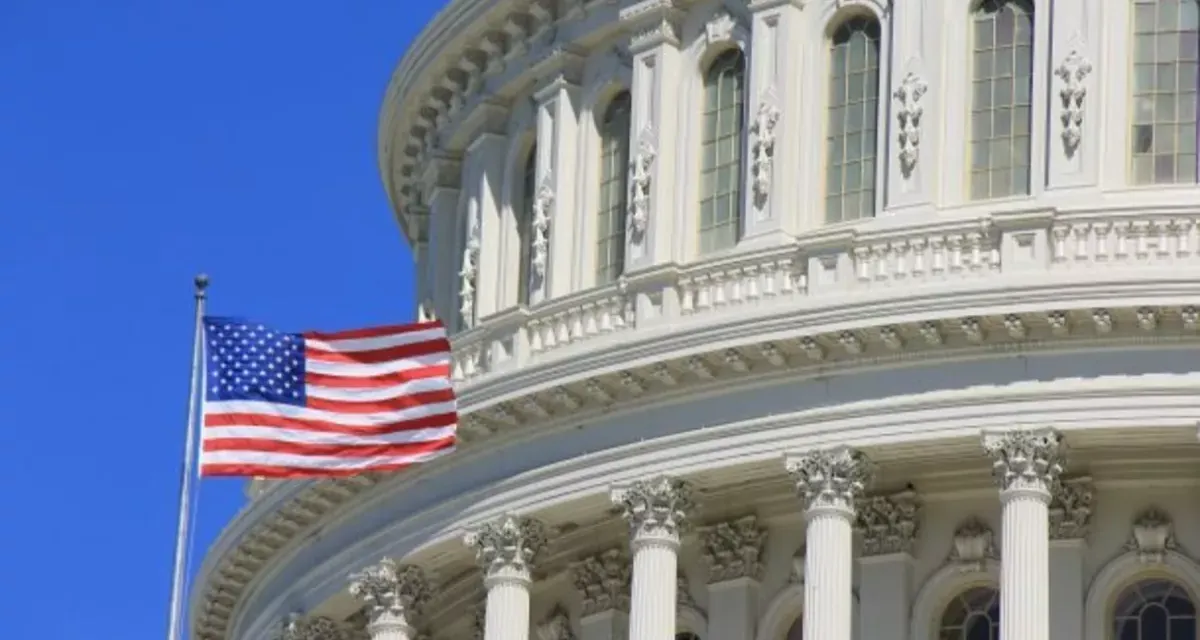

In a significant development in the ongoing geopolitical tech rivalry, the U.S. Commerce Department is poised to propose a rule that would prohibit the use of Chinese software in autonomous and connected vehicles operating in the United States. This move is expected to be announced within the next few weeks and signals a substantial shift in the regulatory landscape for autonomous vehicle technology.
The Biden administration’s proposed rule aims to address national security concerns by barring the integration of Chinese software in vehicles equipped with Level 3 automation and higher. Level 3 automation, also known as conditional driving automation, allows vehicles to perform most driving tasks under certain conditions, but requires the driver to be ready to intervene when necessary. The new rule would effectively ban not only the use of such software but also restrict the testing of autonomous vehicles developed by Chinese companies on U.S. roads.
Additionally, the proposal includes measures to prevent vehicles with advanced wireless communications modules developed in China from operating in the U.S. market. This broader restriction targets not just the autonomous systems but also the communication technologies that facilitate vehicle connectivity.
Under the new regulation, automakers and suppliers will be required to confirm that their connected vehicle systems and advanced autonomous technologies do not involve software developed by "foreign entities of concern," with China being a primary focus. This will likely involve rigorous vetting processes and compliance checks to ensure adherence to the new standards.
A spokesperson for the Commerce Department emphasized that the decision is driven by concerns over national security risks associated with connected technologies in vehicles. The Bureau of Industry and Security will be responsible for issuing the proposed rule, which will concentrate on specific systems deemed to pose significant risks. The rule will be subject to industry review and public comments before it is finalized.
The move has elicited varied reactions from international stakeholders. The Chinese Embassy in Washington has yet to comment on the impending proposal, but the Chinese foreign ministry has previously criticized similar actions as violations of market economy laws and fair competition principles. China argues that its vehicles have gained popularity worldwide due to competitive market practices and technological advancements.
In response to the growing concerns over data and cybersecurity risks associated with connected vehicles, the White House and State Department recently convened a meeting with international allies and industry leaders. This gathering included representatives from the United States, Australia, Canada, the European Union, Germany, India, Japan, the Republic of Korea, Spain, and the United Kingdom. The meeting aimed to collectively address the national security risks posed by connected vehicles and discuss the appropriate regulatory measures.
The proposed rule follows a series of actions and investigations into Chinese companies operating in the autonomous vehicle sector in the U.S. In November 2022, a group of U.S. lawmakers expressed concerns about the collection and handling of sensitive data by Chinese companies during their autonomous vehicle testing in the U.S. This scrutiny involved prominent companies such as Baidu, Nio, WeRide, Didi Chuxing, Xpeng, Inceptio, Pony.ai, AutoX, Deeproute.ai, and Qcraft. Reports indicated that Chinese autonomous vehicle companies had test-driven over 450,000 miles in California alone during the preceding year.
Transportation Secretary Pete Buttigieg has previously voiced national security concerns regarding the presence of Chinese autonomous vehicle firms in the U.S. The administration is apprehensive about the potential for connected vehicles to use driver monitoring systems to record or listen to occupants, or even exert control over the vehicle’s functions.
Commerce Secretary Gina Raimondo has underscored the severity of the national security risks associated with these technologies. The proposed regulations represent a proactive stance by the U.S. government to safeguard against potential threats posed by foreign technology in critical infrastructure.
As the U.S. gears up to unveil its proposed rule barring Chinese software from autonomous and connected vehicles, the decision underscores a broader trend of tightening regulations on foreign technology within sensitive sectors. The move reflects ongoing national security concerns and sets a precedent for future regulatory actions in the rapidly evolving field of autonomous vehicle technology. The industry and international community will be closely watching how these developments unfold and their potential impact on global tech dynamics.
Also Read: